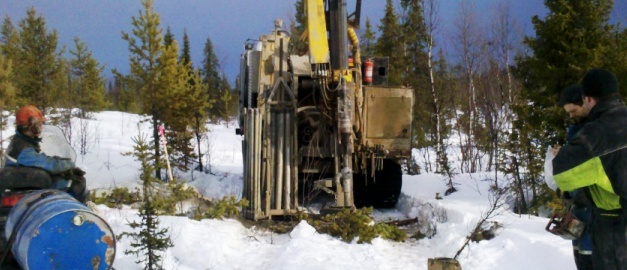
Prospecting
Investigations of the bedrock with the aim of finding exploitable deposits is called prospecting. In Sweden, the state does no prospecting.
Land
The Minerals Act is applicable to exploration and exploitation on land no matter what is the ownership.
Exploration permit
An exploration permit (undersökningstillstånd) gives access to the land and an exclusive right to explore within the permit area. It does not entitle the holder to undertake exploration work in contravention of any environmental regulations that apply to the area. Applications for exemptions are normally made to the County Administrative Board.
Exploitation concession
An exploitation concession (bearbetningskoncession) gives the holder the right to exploit a proven, extractable mineral deposit for a period of 25 years, which may be prolonged.
Permits and concessions under the Minerals Act may be transferred with the permission of the Mining Inspector.
Last reviewed 2021-03-03
